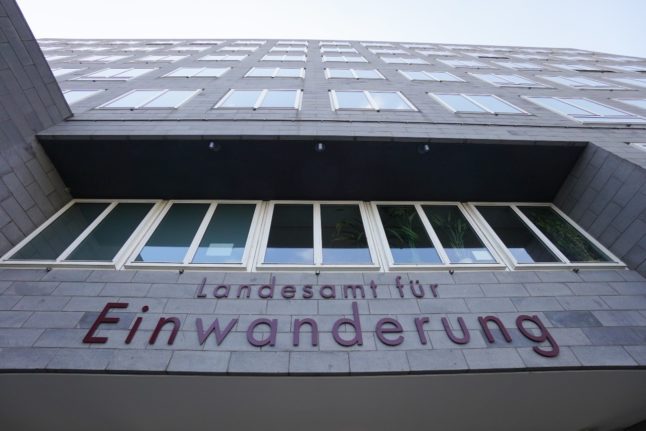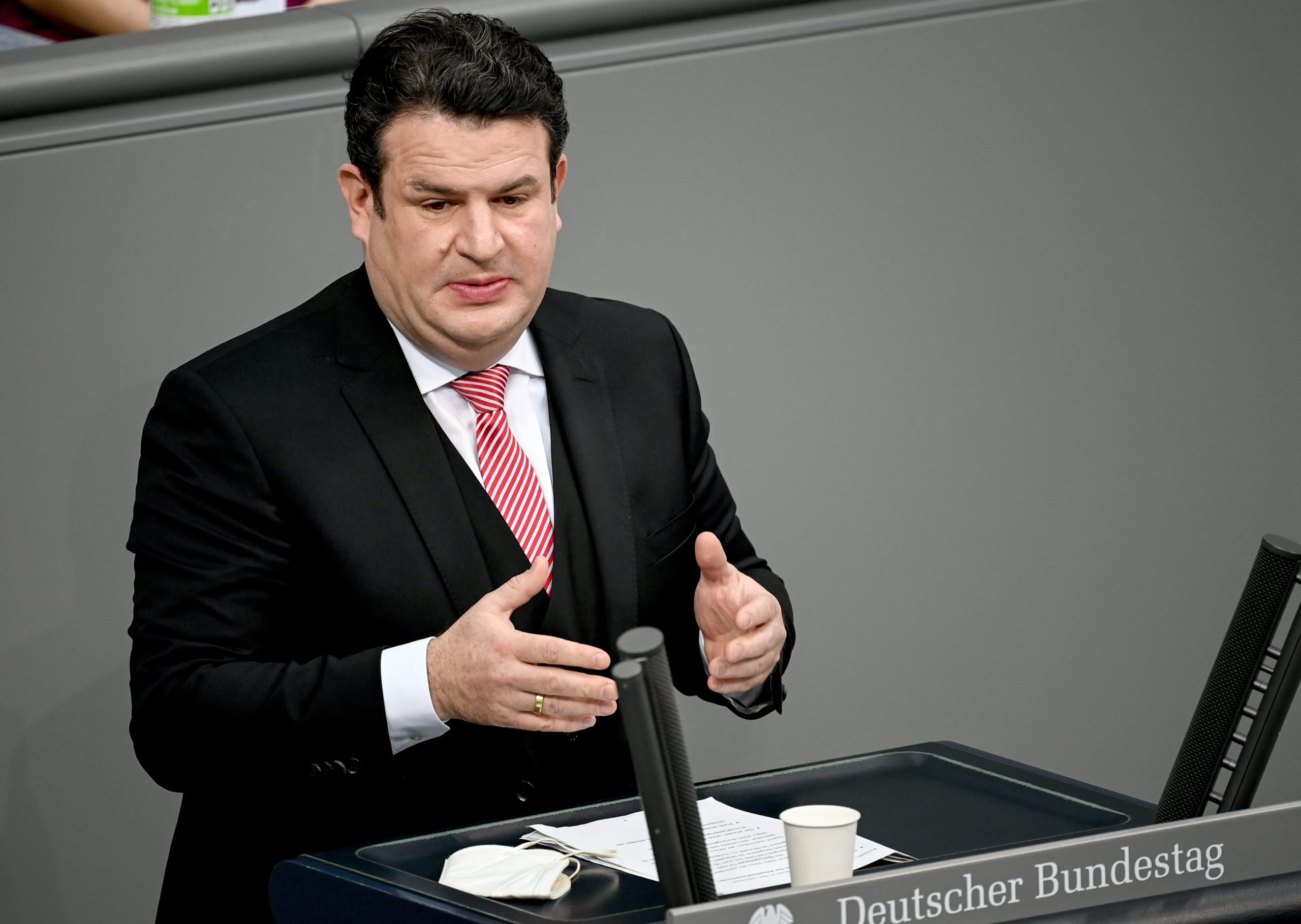Whether Berlin or Bielefeld, the story is the same: in most German cities, securing a timely appointment at the Ausländerbehörde is next to impossible.
As The Local reported recently, foreigners in Stuttgart were forced to queue overnight for several hours in order to try and secure same-day appointments to renew their visas.
Despite the authority bringing in an emergency appointment system, the situation has got so bad that many are considering leaving the country for good, or find themselves unable to travel, even when emergencies strike back home.
In other cities with high foreign populations like Berlin and Düsseldorf, readers have reported similar situations.
This week there was a complaint that Berlin immigration services had made it even harder for people to find contact information and get in touch with their staff.
The Berlin immigration office shut down its information centre. There is no one left to answer people’s questions. Emails and fax numbers were scrubbed from their website. I tried to bring it up to their Ombudsmann but he’s gone too. I don’t know where to get answers anymore. pic.twitter.com/rQuoV2H1iX
— All About Berlin (@aboutberlin) December 5, 2023
According to services union Verdi, the current crisis in immigration offices around Germany is due to skeletal staffing.
READ ALSO: ‘No job, no money’: How German immigration office delays hurt lives of foreign workers
In cities with a population of 500,000 people or more, 30 percent of positions are vacant and unlikely to be filled anytime soon the union said. However, the real levels of understaffing are actual much higher.
The empty vacancies often include vital management positions that keep operations running smoothly, Verdi said.
In medium-sized and small cities, the picture is similar.
Staff at breaking point
According to Verdi, the severe labour shortages in immigration offices aren’t just having an impact on foreigners, but are also affecting the staff who are already there.
“The workload for employees in all local authority immigration offices is extremely high because there is a lack of staff,” the union explained.
“Many employees are unable to cope with the immense work pressure and suffer from the fact that they are often unable to fulfil their tasks as they should.”

This is leading to stress and burn-out among existing staff, with workers in immigration offices taking a higher number of sick days than staff in other public offices.
In smaller municipalities where staff have to deal with both residence permits and citizenship applications, reports of work-related stress are even higher.
According to Verdi, the poor working conditions mean that many workers in immigration offices are now looking for other jobs, leaving those who remain with an even higher workload.
Summing the situation up, the union said employees at the Ausländerbehörden were “permanently working in crisis mode”.
READ ALSO: Are Germany’s immigration offices making international residents feel unwelcome?
Could better pay be the answer?
To solve the current issues, Verdi is calling for a reassessment of salaries in immigration offices.
“In order to retain employees, improvements in the pay grading system are necessary,” said deputy chairwoman Christine Behle. “The current problems can only be solved with sufficient staff.”
Behle points to the fact that the work expected of employees involves applying complex legal principles in asylum, immigration and naturalisation law and that knowledge needs to be continuously updated.
However, according to the Verdi union, employees’ pay doesn’t reflect this level of skill, and more money is needed from the state and federal governments to cover these costs.
“To protect our welfare state and constitutional state, we need strong public services with well-qualified staff,” Behle said. “It is the task of politicians to create the financial basis for this.”




 Please whitelist us to continue reading.
Please whitelist us to continue reading.
Will the new Berlin Citizenship Center open in 2024? Is it really expected to help?
https://www.thelocal.de/20230518/around-27000-people-in-berlin-waiting-on-citizenship-applications